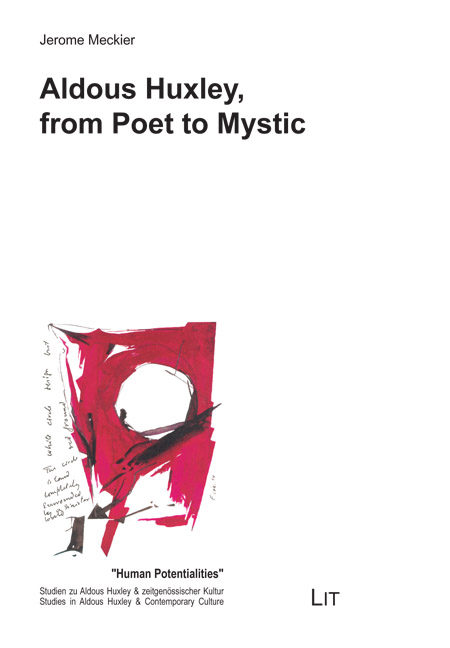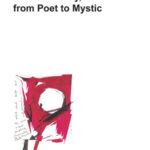Beschreibung
Huxley began as a poet. He perfected the voice of the modern satirical
poet of ideas who used art against itself to produce a parodic poetry of
breakdowns, collapses, stalemates, and dead ends best suited to the
apparent pointlessness of the post-war era. His cleverest, most irreverent
poems are contrapuntal; they in effect silence venerable poets and cancel
traditional formats. Huxley’s poetic personas either fail to preserve
conventional forms or purposely sabotage them. By 1920, Huxley became the
parodic equivalent of the formative intelligences (i.e., Dante, Goethe,
Lucretius) who once synthesized their respective eras positively. Meckier
explicates most of Huxley’s poems, including “Leda” his masterpiece, an
ironical modern myth. He traces Huxley’s development in terms of the poets
he inserted in five of his eleven novels, along with their poems. These
poets mostly fail as poets, their different stances falling apart one
after another. But Huxley began to detect a spiritual significance
underlying the creative urge. This allowed him to rehabilitate many of the
Romantic and Victorian poets he formerly ridiculed as frauds and liars.
Eventually, he celebrated mystical contemplation as silent poetry,
positing a utopia in which everyone is a poet to the limits of his or her
potentiality. Huxley became the perennial philosopher, a neo-Brahmin: the
sage-like figure he initially personified parodically. His paradigmatic
career took him from a Pyrrhonic silencing of outmoded poems and poets to
the advocacy of a poetry of silence.
Professor emeritus of English at the University of Kentucky, Jerome
Meckier has published seven books and dozens of essays on nineteenth and
twentieth century English and American literature. Besides three
book-length studies of Dickens, he has written Aldous Huxley: Satire and
Structure and edited Critical Essays on Aldous Huxley. A collection of his
essays on Huxley has been published as Aldous Huxley: Modern Satirical
Novelist of Ideas. He is a curator of the Aldous Huxley Society and
co-edits Aldous Huxley Annual.


